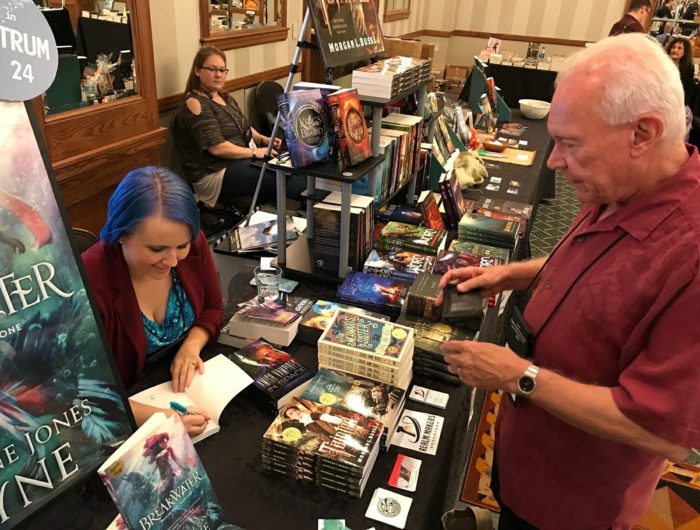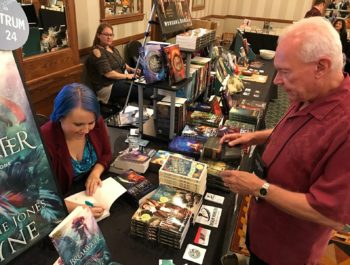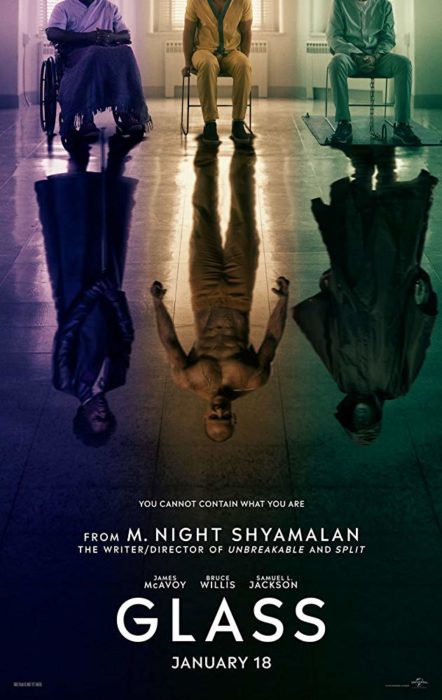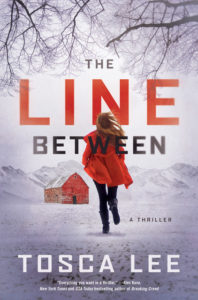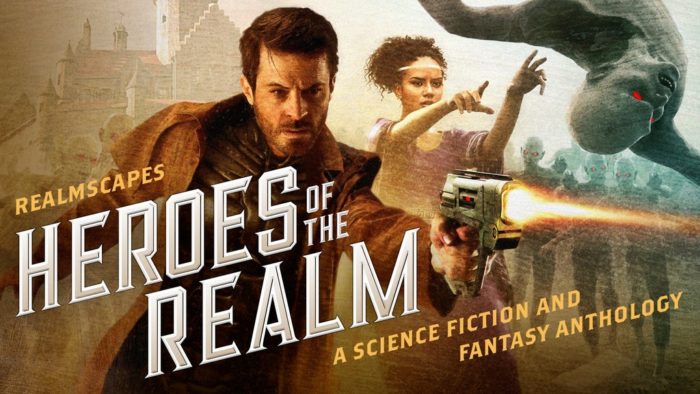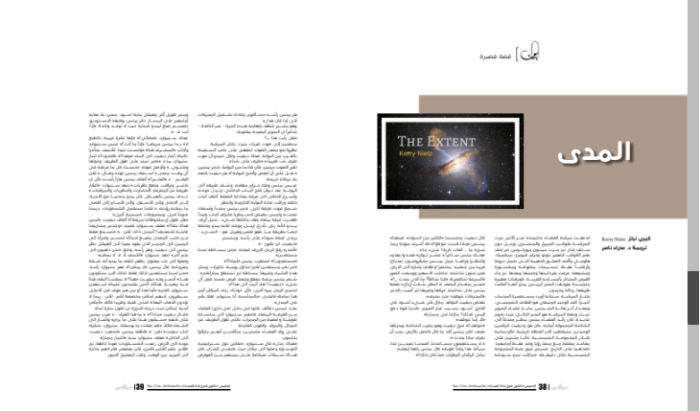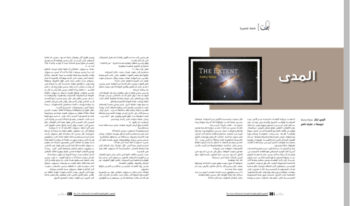A Time For Generosity
The Authors Guild has announced that, as a curative to writersâ falling incomes, it will champion a national Public Lending Right program. The Presidentâs Letter didnât lay out the details, and PLR programs vary in their particulars (thirty-five countries already possess some version of it). The essential idea, however, is that public libraries will pay authors for the loaning out of their books. Itâs a kind of royalty payment: a little money every time a book is checked out, with a cap on how much any one author can receive. For a factual examination of PLR, drop by the Steve Laube Agency blog. For a strongly-worded opinion, stay here.
Now, the benefit of this program is that authors make more money. The downside is that that money has to come from somewhere or, rather, from someone. The Authors Guild proposes the classic solution to this age-old problem: a federal government program. They are advocating (I must quote this) âcreating a new government entitlement program.â The idea that Congress would create an entitlement program solely for published authors is touchingly ingenuous. The Authors Guild should consider â I suggest it with gentleness â that it is not a national issue that authors would like to make more money. Everyone else would, too.
 The point of a federal PLR program is to shift costs from local governments, which are often poor, to the federal government, which is also broke but possesses nuclear weapons and therefore can be trillions of dollars in the red. This is unlikely to happen, but even if it does, it is still only shifting the cost. The inevitable result of any PLR program will be to increase the cost of public libraries. The ALA estimates that Americans check out an average of eight books per year, a number we can extrapolate to 2.6 billion books checked out per year. If public libraries must pay a fee every time a patron checks out a book â even a fee measured in pennies â the annual cost will be tens of millions. At the princely royalty of four cents per loan, the cost will top 100 million. (This will be multiplied again if â and why shouldnât this happen? â Hollywood and musicians decide to get in on the game and libraries must make payments for CDs and DVDs, too.)
The point of a federal PLR program is to shift costs from local governments, which are often poor, to the federal government, which is also broke but possesses nuclear weapons and therefore can be trillions of dollars in the red. This is unlikely to happen, but even if it does, it is still only shifting the cost. The inevitable result of any PLR program will be to increase the cost of public libraries. The ALA estimates that Americans check out an average of eight books per year, a number we can extrapolate to 2.6 billion books checked out per year. If public libraries must pay a fee every time a patron checks out a book â even a fee measured in pennies â the annual cost will be tens of millions. At the princely royalty of four cents per loan, the cost will top 100 million. (This will be multiplied again if â and why shouldnât this happen? â Hollywood and musicians decide to get in on the game and libraries must make payments for CDs and DVDs, too.)
People talk glibly of raising taxes and government entitlement programs. But you cannot charge the public library system millions to loan out their existing collections and expect that library services will never be reduced.
So the costs of the PLR will be borne by the public. But there will be costs for authors to pay, too. Make libraries in general, and library books in particular, more costly, and itâs only a matter of time before someone lights upon the expedient of fewer library books. The least established authors will find the raised bar hardest to clear, and the consequence of making the system more profitable for some authors may be to push others out of the system entirely.
I am sympathetic to writers struggling to make their work profitable. Itâs certainly true that readers should have a spirit of generosity toward writers. But there is also a time for writers to be generous to their readers. Public libraries exist for the public, especially the less well-off public: seniors on fixed incomes, families with small children, adults getting by, voracious young readers whose parents canât afford all the books they want. It is already profitable for authors. Even authors should have concerns beyond making it more profitable yet.


































